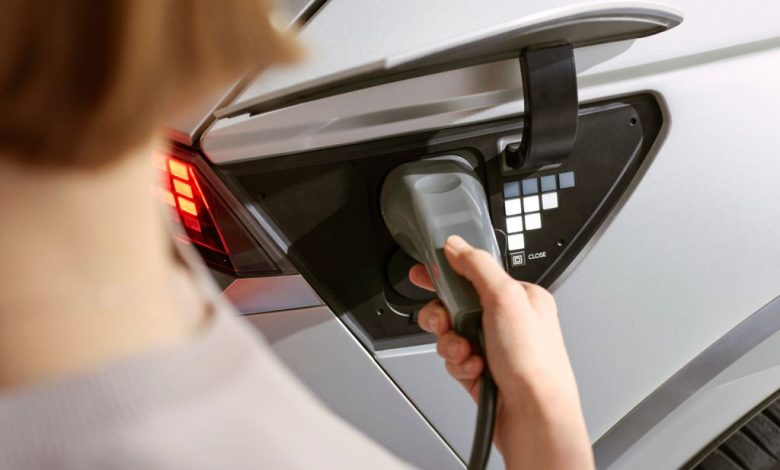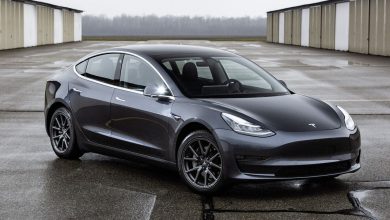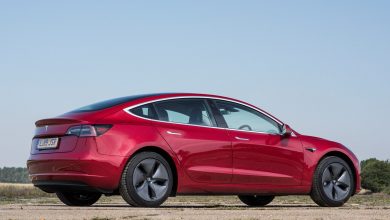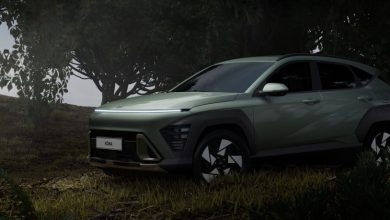
In a major turn of events, the transition from petroleum vehicles to electric vehicles now doesn’t seem that easier as it was proposed. And there are various factors contributing to it, from coronavirus to lack of proper EV supporting infrastructure around the globe.
During the latest G7 nations summit in Cornwall, southwestern England, the seven national leaders have failed to set targets for EV sales in their push towards the electrification of transport, pledging only to “intensify efforts in enhancing the offer of more sustainable transport modes”, the group said in its final communiqué on Sunday.
An autos section was included in the bloc during the final communique, and truth be told that was far more modest than what were we expecting especially with Biden’s and EU’s recent major moves to promote the EV sector. Though the G7 pledged to do more to electrify the transport sector, they clearly shied away to make any strong target commitments during the meet.
“In our transport sectors, we commit to sustainable, decarbonised mobility and to scaling up zero emission vehicle technologies, including buses, trains, shipping and aviation,” the G7 said in the communiqué.
“We recognise that this will require dramatically increasing the pace of the global decarbonisation of the road transport sector throughout the 2020s, and beyond. This includes support for accelerating the roll out of necessary infrastructure, such as charging and fueling infrastructure and enhancing the offer of more sustainable transport modes, including public transport, shared mobility, cycling and walking. We commit to accelerate the transition away from new sales of diesel and petrol cars to promote the uptake of zero emission vehicles.”
Earlier drafts of the communique suggested that the G-7 “strive” to ensure that the majority of all new passenger car sales are not petrol or diesel-powered “by 2030 or sooner.” But the Sunday’s discussion sounded more like a compromise between the nations. These G7 members consisting of Canada, France, Germany, Italy, Japan, the United Kingdom and the United States are also some of the major automaker nations and have set up individual targets for a petroleum-free automotive sector by end of the decade but the collective statements of the G7 failed to make a clear impression about its stand.
For instance, the UK, host of the 47th G7 summit itself has set a target to phase out vehicles with internal combustion engines as early as 2030. The country has plans to ban the sales of ICE vehicles by 2030 and only allow the sale of zero-emission vehicles from 2035. France is also aiming to ban cars running on fossil fuels by 2040. Germany too is looking to do the same by 2030. But during the Sunday summit, it seems other views have prevailed among the group for some reason.
The transition from fossil fuel vehicles to electric vehicles has been promoted as one of the pillars of the energy transition, but there are several hindrances it has to face, which has elevated amidst this pandemic. The automakers have been already facing a shortage of adequate supply of raw materials such as copper and steel, as well as battery materials, due to disrupted production and supply chains caused by the coronavirus. And let’s not forget the global semiconductor shortage which has plagued the auto industry for over a year, and if speculations are true this situation might be extended to another year. The shortage of these crucial materials in the manufacturing of electric vehicles would lead to higher prices at a time when buyers need all the incentives they can get to buy an EV. There is also a political risk, since most of the processing capacity for key EV battery elements is in China. All these could be the reason behind the laidback statements during the latest G7 meeting.
However, the communique reiterated the promise for rich countries to release $100 billion annually in support of developing world efforts to cope with climate change transitions. It said the G7 members will all increase their contributions but did not disclose by how much.
UK Prime Minister Boris Johnson said getting to $100 billion a year would not be “easy” but he was confident the target would be met. Johnson will host the COP26 UN climate summit in November in Glasgow, Scotland.
As expected, the conclusion attracted a lot of criticism from people and organisations all around. Gareth Redmond-King from the Energy and Climate Intelligence Unit lashed, “Whilst G-7 leaders reaffirmed their overdue promise of $100 billion a year in climate support to poorer countries, those same countries will be disappointed that they leave Cornwall with no new money apparently on the table.”
The G7 nations also failed to provide a firmer date to end international funding for carbon-intensive fossil fuel energy, and tried to dodge the issue by saying that it is committed to the same as well as speeding up their exit from coal to decarbonise electricity sectors in the next few years. But again a lack of clear statement meant more backlash.
Volkswagen Group’s CEO, Herbert Diess openly expressed his disappointment after G7 leaders failed to set a specific date to phase out coal power. Diess said the indecision on the part of global leaders would mean that carmakers will not be able to achieve carbon neutrality as they aim to fully shift to electric vehicles in a decade or two.

“That’s not enough, G7. Disappointing outcome. We need to exit coal much earlier! EVs are key to reach the climate goals 2030. But EVs only make sense with green energy, letting EVs run on coal is regulatory nonsense,” wrote Diess on Twitter.
Overall, these decisions and the impact of coronavirus may discourage automakers around the globe and might also make them slow down their electric transition.
India also has plans to develop a carbon-emission free transportation infrastructure by 2030 and has recently rolled out its much-awaited Scrapping Policy and Green Taxes to push the adoption of electric vehicles among potential buyers. However, the country is still lagging behind and not even 20% of its vehicles run on electric power.
Things have slowly started to get a little optimistic lately, with India’s major carmaker, Tata’s extra efforts to increase the public EV supporting infrastructure throughout the nation. It is trying to equip all the major routes of India with electric charging stations. Delhi government has also approved a single-window facility for the installation of electric vehicles chargers in private and semi-public spaces. These will include apartments and group housing societies, institutional buildings like hospitals, and commercial spaces like malls and theatres.
The central government and several state governments are also giving discounts and incentives on the purchase of electric vehicles. The Government of India is also planning to include more such rebates for both consumers and automakers with its new Scrapping Policy. Overall with a collective effort of government and major private sector players, the target to Go Green will not be that hard to achieve by 2030.




